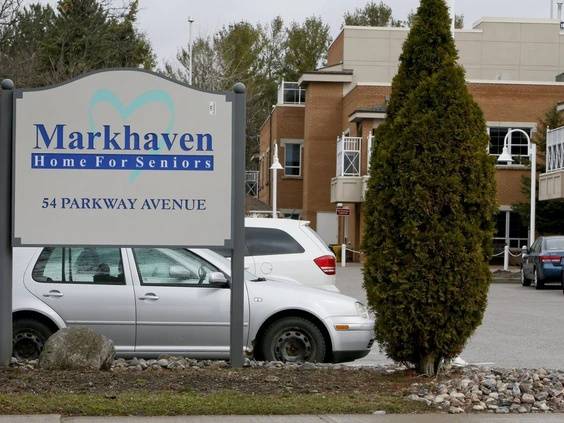The #metoo movement as we know it, may be a thing of the past.
After captivating most of the continent, the Johnny Depp case wrapped up last week with the seven-person jury awarding the actor $10 million in compensatory damages and $5 million in punitive damages. The state maximum for punitive damages is $350,000.
The jury also awarded his ex Amber Heard $2 million dollars flowing from her counterclaim that also alleged defamation.
The trial was fraught with #metoo like allegations and centered around an op-ed Heard wrote alleging ‘she spoke up against sexual violence’ just as the movement was gaining momentum in 2018.
The #metoo movement rocked the employment world: encouraging employees to call out supervisors and co-workers and take down executives and organizations that swept sexual impropriety under the rug.
The movement urged society to believe victims; to accept sexual harassment and assault allegations because victims had “nothing to gain” from making them. This, of course, was the thrust of Heard’s legal position; she had nothing to gain from making the allegations against Depp, so, her counsel argued, they must be true.
But this feature of #metoo was problematic. Encouraging the world to accept allegations on their face seemed too open, too accepting and too susceptible to abuse. But the opportunity to come forward, with impunity was refreshing and called for real change.
In the employment world, employees were suddenly free to tell their own stories. A lot of this work was trailblazing and even though #imwithher and #believeher hashtags were proliferating the internet, the fact was, in my experience, employees came to the table with evidence. They didn’t expect to be believed. The “downside” of the movement didn’t play out in the legal system. The legal system corrected the narrative. The legal system asks for receipts.
And the receipts were tallied in the Depp/Heard case. The evidence told the story.
The evidence suggested Heard had something to gain by writing her op-ed in 2018. She had a high-profile movie being released, she worked with other parties to align the timing of the article. Her hands did not appear to be clean.
And while Heard presented grisly details of her marriage to Depp during the trial, her claims of domestic violence were overshadowed by her own stories of engaging in abuse and the orchestration of her op-ed.
After deliberating for 13 hours, the jury found that Heard acted with “actual malice.” Heard definitely was no longer an ambassador of domestic or sexual violence. The trial decision, which is subject to appeal, will cast all future #metoo allegations in a negative light. It will set victims back, making them think twice about coming forward. The #metoo movement, as we knew it, has ended.
On to this week’s questions:
Q. In the Depp trial, he was awarded compensatory and punitive damages. What is the difference?
A. Depp will likely have to pay normal income tax on the $10 million portion of his award. Punitive damages (in Canada, anyway) are not subject to taxation as they are meant to punish the defendant for wrongful acts that are outrageous, reprehensible and offensive.
Q. I usually give very little input when my team wants to take vacation. This summer I am managing vacation requests along with requests to work from home. I was approving them all before but now it feels like some employees are taking advantage of our lax protocol. Is it okay for me to weigh in on requests now even though I didn’t before? I am aware that this will seem like employee interference.
A. Give your team as much information as possible prior to implementing any changes to your vacation policy. You may consider explaining your summer coverage issues and wanting to provide employees with a consistent policy on booking vacation. Employees are permitted to require pre-approval for vacations but these expectations should be communicated to employees, especially if your workplace employed a relaxed vacation policy previously. Most employers did not even consider implementing a work from home policy until COVID. If your workplace doesn’t have one, now is a good time to role one out. To avoid a drop in employee morale, communicate early and often about why these policies matter.
Have a workplace issue? Maybe I can help! Email me at sunira@worklylaw.com and your question may be featured in a future column.
The content of this article is general information only and is not legal advice.




